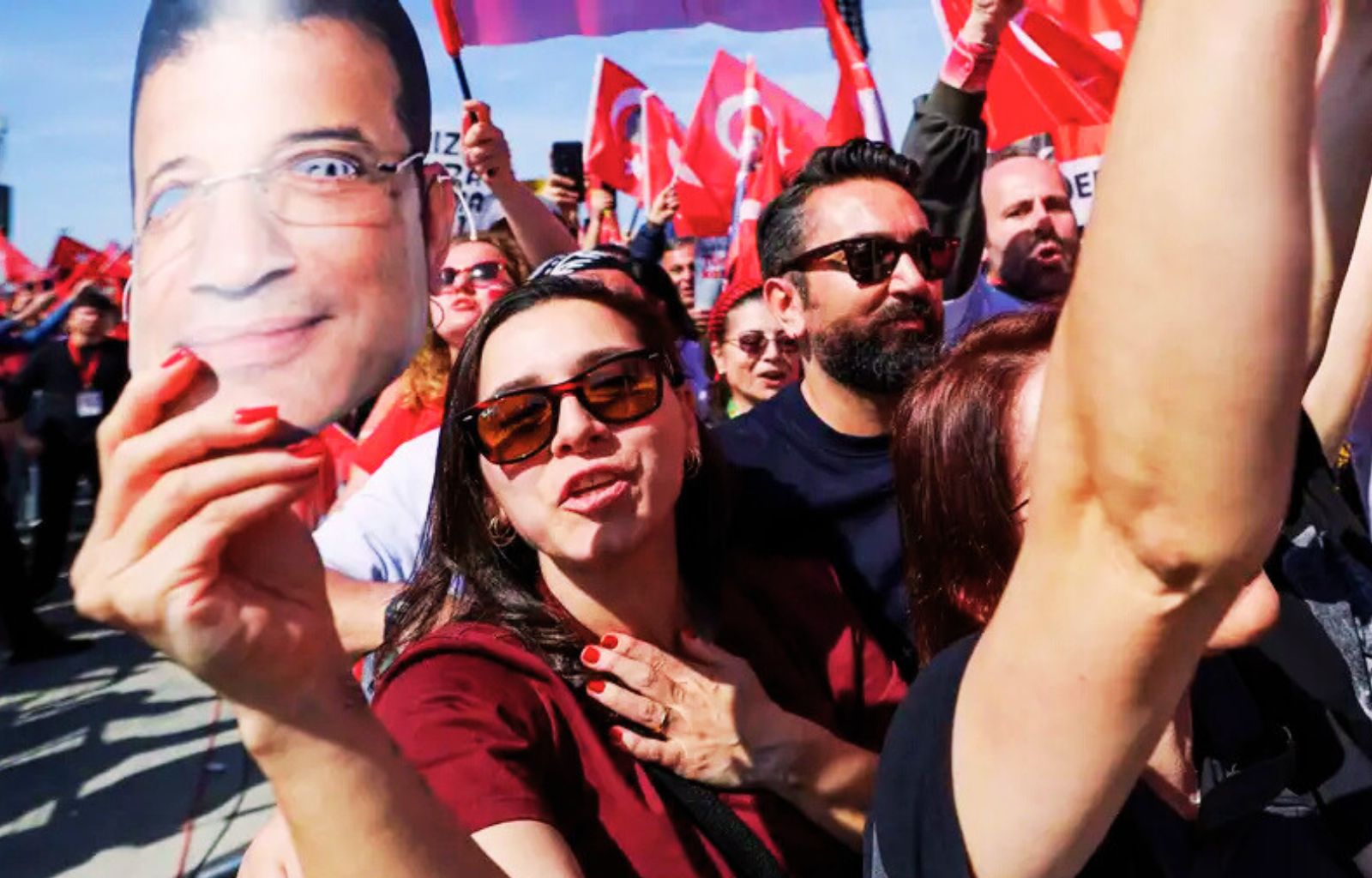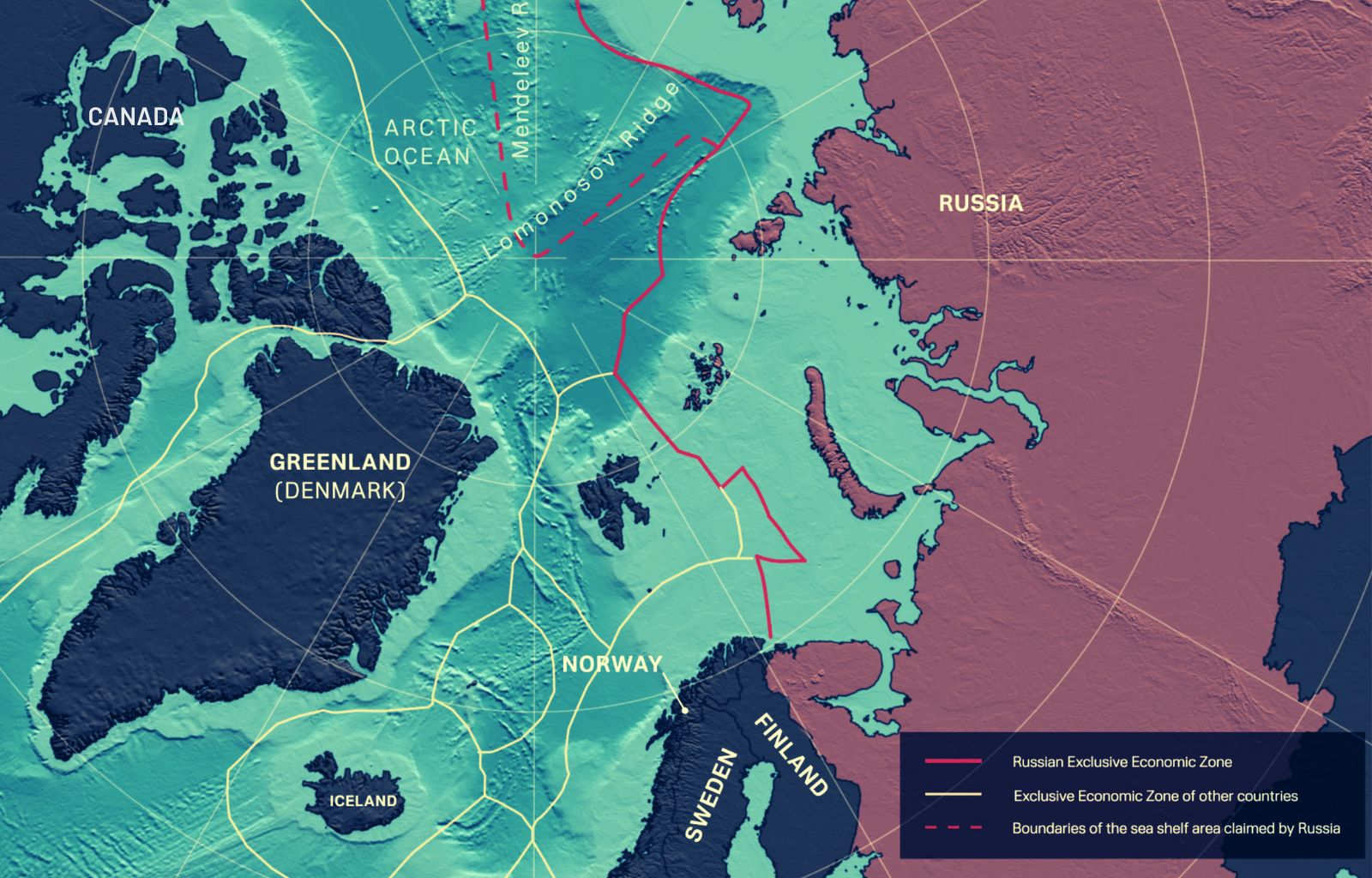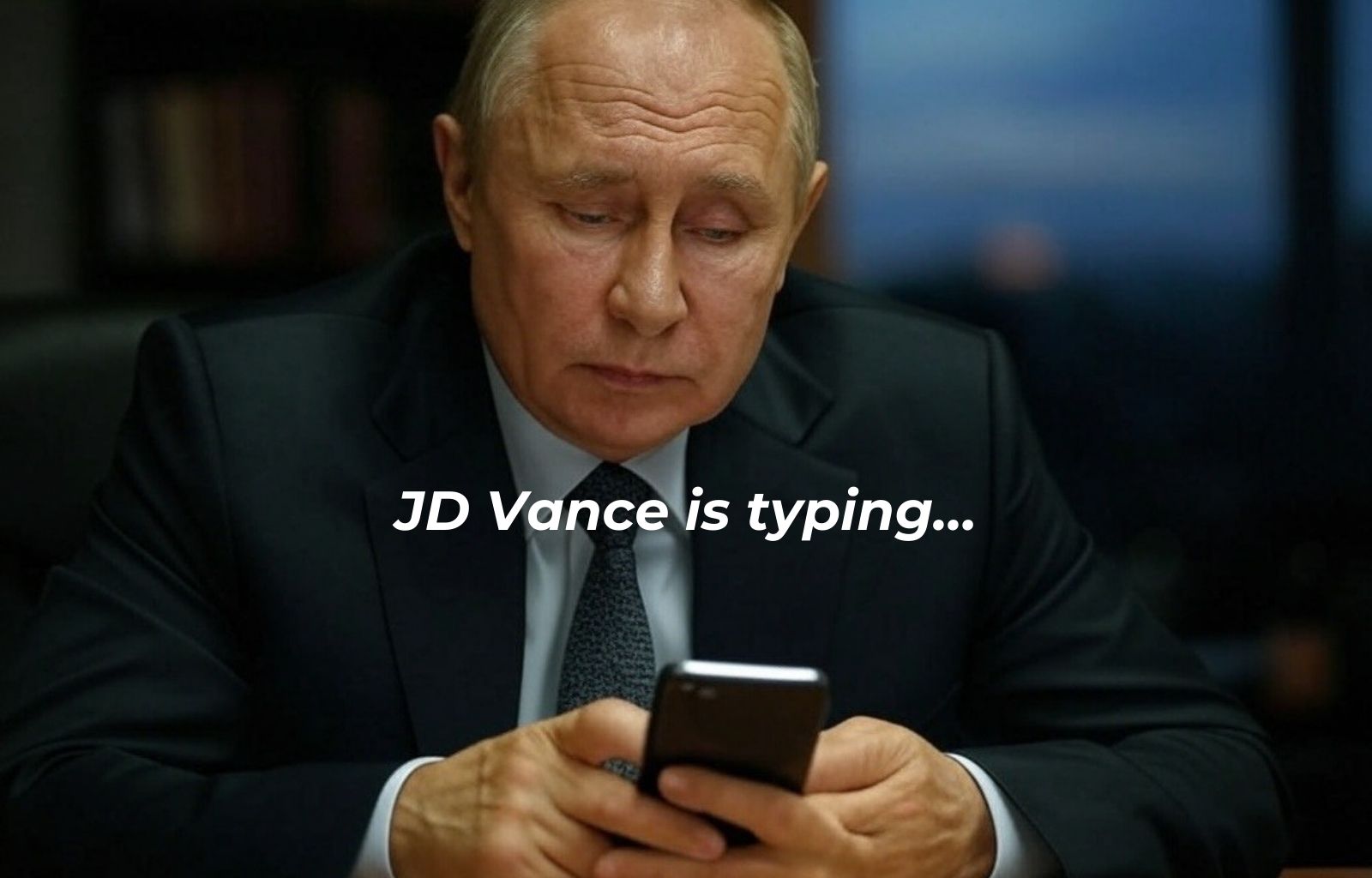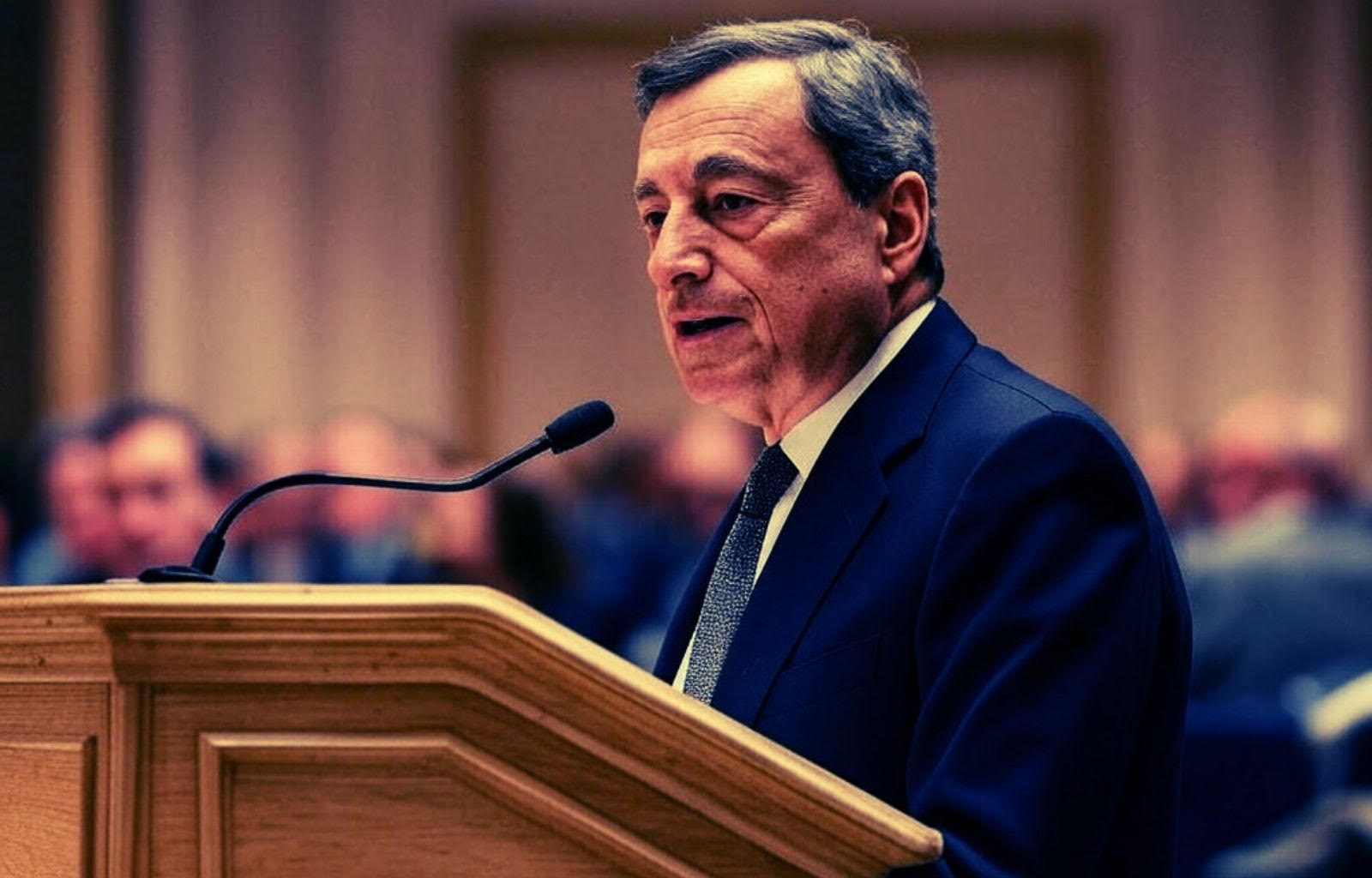Why we ask Meloni not to recognise the current Georgian government
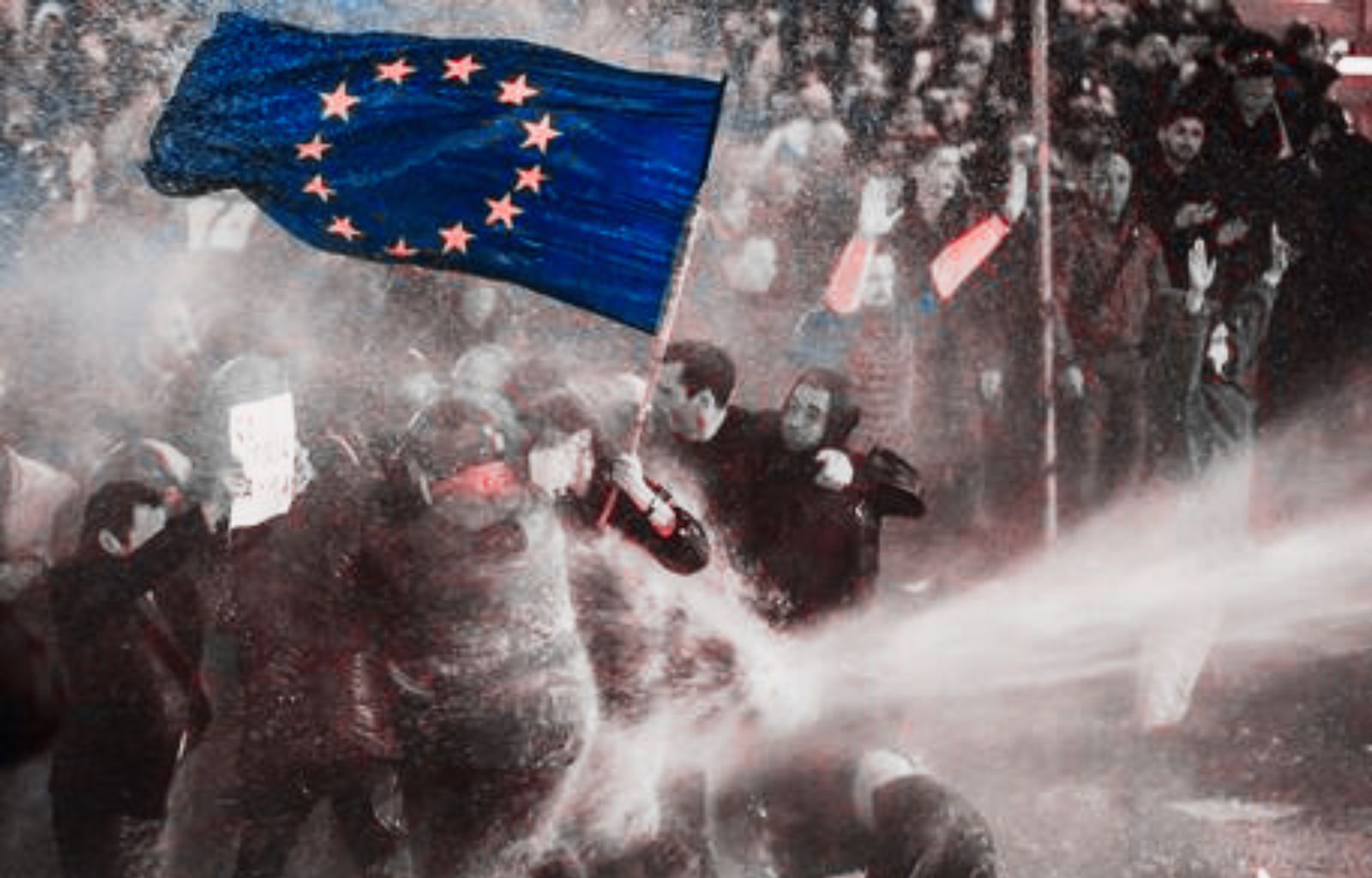
Georgia is experiencing a particularly critical period in its political history, marked by an increasing erosion of its democratic institutions under the rule of the Georgian Dream party. Since the inauguration of the government led by Irakli Kobakhidze after the controversial elections in October 2024, there has been a series of legislative measures and political actions that are undermining civil rights, fundamental freedoms and the process of rapprochement with the European Union. The recent repressive laws and the escalation of violence against peaceful demonstrations are a clear sign of a progressive departure from democratic premises and a European orientation that seems to be increasingly under attack.
The Council of Europe’s Commissioner for Human Rights, Michael O’Flaherty, has released a memorandum denouncing the serious violations of human rights in the Caucasian country, particularly with regard to freedom of assembly and expression, the protection of civil society and the rights of the LGBTI community. This document, which follows the Commissioner’s visit to Tbilisi from 21 to 23 January 2025, comes at a particularly sensitive time for the country, shaken by demonstrations against a government that appears to be increasingly under the influence of Moscow.
The memorandum highlighted numerous police abuses, including mistreatment of protesters and journalists, as well as the absence of an adequate response from the government in terms of accountability and guarantees of due process. The document denounces violent and disproportionate repression, not only against those demonstrating against the executive, but also against the freedom of the press and the autonomy of non-governmental organisations. The government’s increasing intransigence against dissenting voices seems to represent a phase of authoritarian consolidation that has severely undermined the possibility of an independent civil society. The case of Mzia Amaghlobeli, a journalist arrested and in pre-trial detention, is raised in the paper, representing the growing climate of intimidation against independent journalists in Georgia. O’Flaherty calls her lengthy detention pending trial unjustified and demands that the authorities guarantee the safety of journalists and press freedom, particularly during public demonstrations. O’Flaherty notes that many of the recent legislative changes introduced by the government violate the principles of legitimacy, necessity and proportionality, and recommends a review of the laws to bring them in line with international human rights standards.
Furthermore, the Transparency Act, which imposes severe restrictions on NGOs and their activities, is undermining the foundations of democratic progress in any country. Not only do these measures restrict freedom of expression and the plurality of voices in political debate, they also give the government a greater ability to control any form of dissent, pushing the country towards an authoritarian drift. The imposition of these laws is not accidental, but is part of a broader geopolitical context, which sees Georgia increasingly moving away from its ambition to join the European Union and its goal of strengthening its position within Euro-Atlantic structures. On the contrary, the Georgian Dream government seems to favour a growing closeness with Moscow, an alliance that threatens to undermine not only domestic political freedom, but also regional security and stability. This trend is even more visible in the violent and intimidating responses to popular protests, a clear indicator of growing Russian influence and the government’s desire to maintain control at all costs, at the expense of civil liberties and human rights.
This scenario also includes the MEGOBARI Act, a document approved by the US Senate Foreign Relations Committee on 27 March 2025, which imposes sanctions against government party officials and political figures who contribute to the deterioration of democracy and strengthening ties with authoritarian regimes. This bipartisan act, which comes amidst a tense geopolitical context, underlines the urgency of an international reaction in the face of a government that appears to be increasingly hostile to democratic principles and human rights. The MEGOBARI Act not only enshrines sanctions against those who undermine the country’s sovereignty, but also commits to monitoring corrupt activities that support Russian interests, with a focus on how Georgia is trying to circumvent international sanctions.
The situation in Georgia has now become an issue that transcends the fate of a single country, and the fight for democracy and an alignment with the West is a cause that must involve all those who believe in the fundamental values of freedom, justice and human rights. It is essential that Europe and the international community do not remain silent, but actively engage to prevent Georgia from slipping into the orbit of authoritarianism that would not only betray its hopes, but also compromise the security of the entire region. As Radical Europe, we have repeatedly urged our government as well, asking it to take a stand and not recognise the current Kobakhidze government(perhaps avoiding embarrassments like this one, ed).
The battle for freedom in Georgia is a battle for all of Europe.

